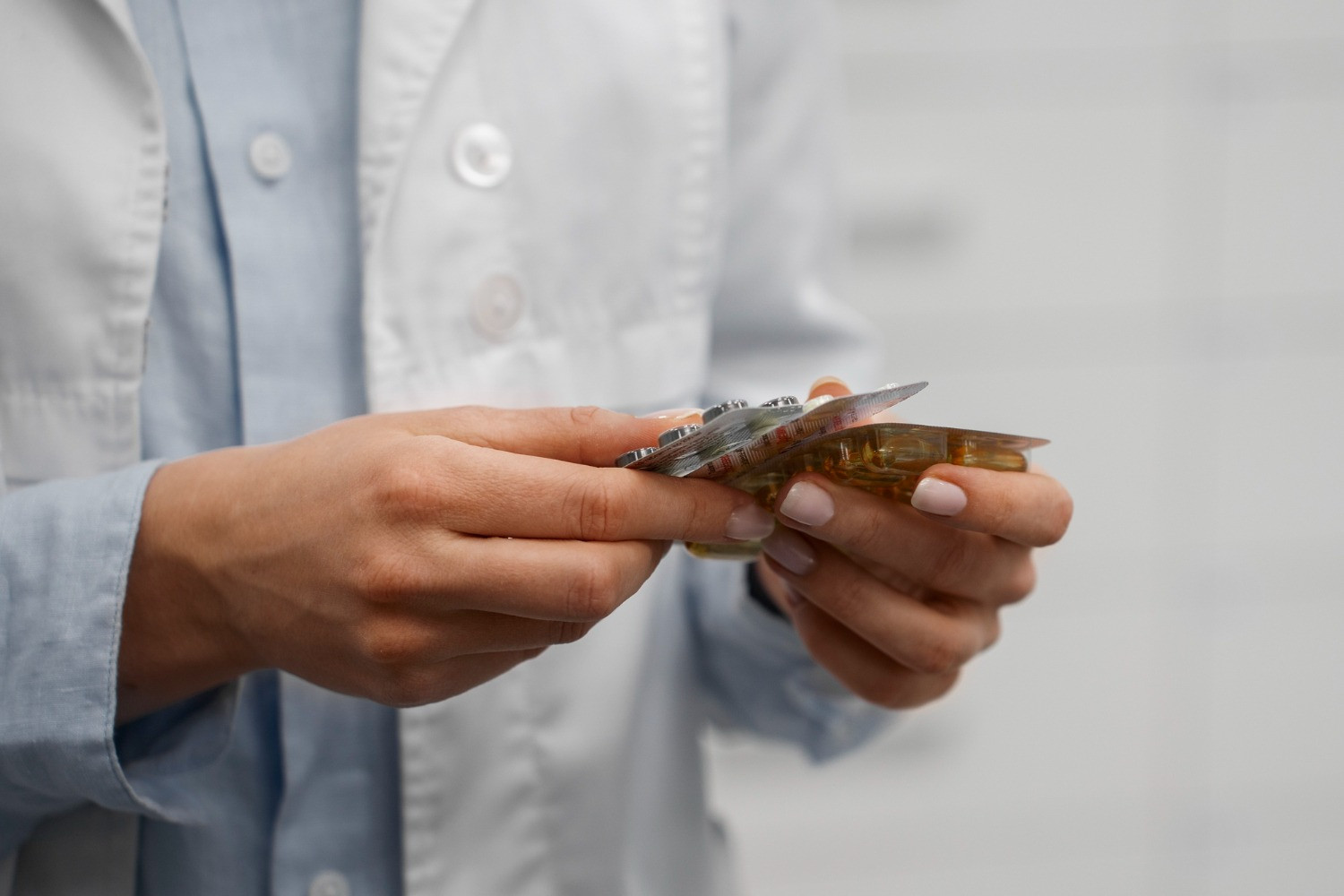Hold or cabin: where to put your medication on the plane?
In the air transport sector, baggage regulations impose numerous prohibitions and restrictions to ensure the safety of passengers and crew. Security checks prevent dangerous goods from being brought on board the aircraft.
The rules differ between hold and cabin baggage. While checked baggage is more flexible, it's not necessarily the best option for your medicines. Indeed, the nature of your health products may not allow them to withstand the conditions of travel in the hold, notably pressure changes and low temperatures. This is often the case for liquid medications. This is a point to be checked before packing your suitcase, so as not to jeopardize the integrity of your treatment protocol.
On the other hand, you may need to take your medical treatments with you on your trip, especially if you're on a long-haul flight or if your itinerary includes stopovers. In some cases, travelers cannot afford to be dependent on the vagaries of air travel. The solution may be to divide the plane's medication between the cabin and the hold.
As a general rule, carrying solid medications in carry-on baggage poses no problem. However, while capsules and tablets are not regulated, measures are different for liquids.
Do you need a prescription?
Airport regulations, as well as national and international authorities, lay down strict rules that also apply to medicines. To adopt the best practices, you can check with your airline beforehand, and also consult the website of the International Narcotics Control Board (INCB), as well as that of France Diplomatie.
In fact, some countries consider certain medicinal substances to be narcotics, such as codeine. Psychotropic drugs and similar substances also require a transport authorization issued by the Regional Health Agency (ARS) in order to circulate within the Schengen area.
In syrup, paste or gel form, depending on your medical prescription, the dosage may quickly exceed the limits authorized in the cabin. In this case, whether in the hold or on board the aircraft, it' s best to always keep your prescription with your medication, especially if it requires the use of needles, syringes or injection pens.
On the other hand, avoid putting your medication in a pillbox for the journey. Instead, keep them in their original packaging, with the package leaflet attached.
Good to know: it's best totake your original, non-handwritten prescription with you, translated into English. Similarly, ask your doctor to use the International Non-proprietary Name (INN). In this case, it is not the brand name of the drug that is indicated, but the name of the active substance. This practice facilitates customs controls and enables you to visit a pharmacy in another country if necessary.
4 additional tips for managing your medical treatment while travelling
- Always check the storage conditions for your medicines, especially if you're traveling to very hot areas or, on the contrary, to countries exposed to extreme cold.
- Depending on the length of your stay and the time difference involved, ask your doctor for advice on whether you need to change or maintain your habits, particularly with regard to the times at which you take your medication.
- It's always a good idea to plan for more than the strict duration of your trip. This extra amount will enable you to deal with any setbacks with peace of mind.
- If you're planning a long-haul trip, you need to apply to your health insurance company for an exemption so that your pharmacy can dispense more boxes than are usually authorized. This request must be made in the month preceding your departure, using a prescription bearing the words "departure abroad - dispensing agreement for xx months".

